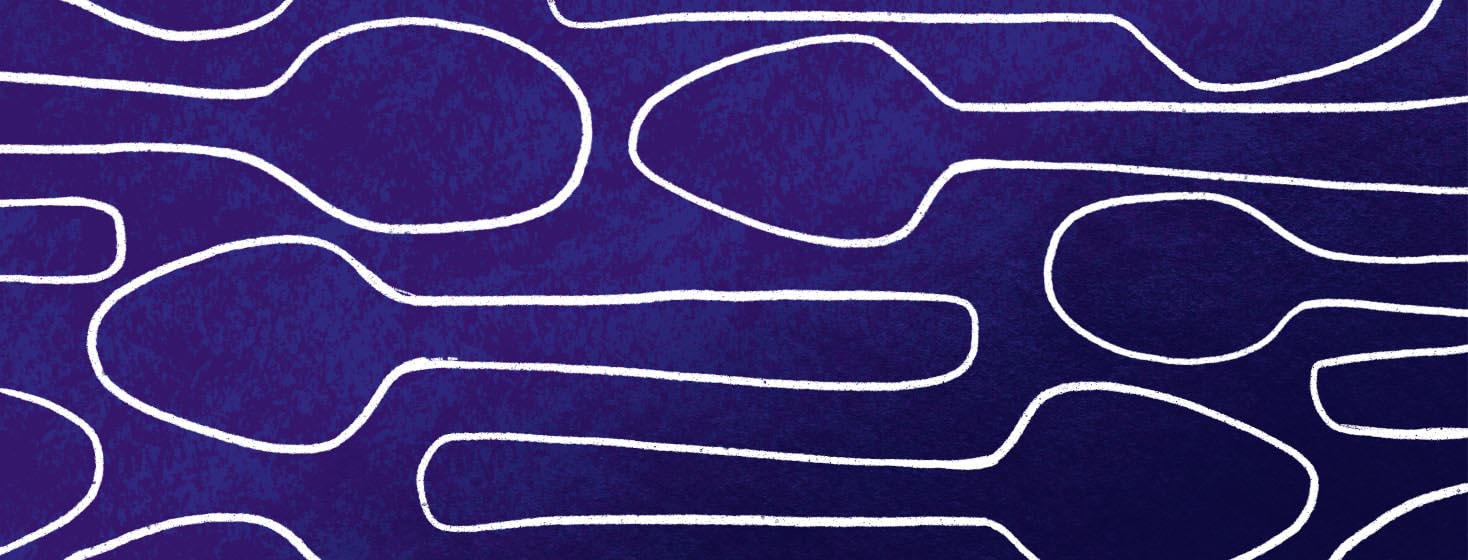Keep Calm and Spoon On
Editor’s Note: This article was originally shared by our sister site, PlaquePsoriasis.com, and was written by KTVanHorn.
Have you ever heard of the term "spoonie?" If you know what a spoonie is, then there is a good chance that you may consider yourself a spoonie or relate to others who consider themselves spoonies.
Maybe you have never heard the term before, though, or maybe you have and you are not quite sure how to explain it to others. We will look at where the term originated from and what it means for those who live each day with a chronic illness.
What exactly is a spoonie?
"Spoonie" is a term that refers to any individual who suffers from a chronic illness. The term originated from a blog post written by Christine Miserandino, "The Spoon Theory."1
Miserandino uses counting spoons as a metaphor to explain her ability to carry out daily tasks while living with lupus. Some days those with chronic illness have plenty of spoons. Other days, they do not have enough spoons to dish out.
The term "spoonie" has been used across social media and in real life as a way for people with chronic illnesses to connect and relate to one another.
Using the spoon theory
The spoon theory is not just used to explain life with Miserandino’s condition. It can be applied to a variety of illnesses, including chronic hives (CH). CH has visible skin symptoms, but it can also have many invisible symptoms. These include chronic pain and emotional symptoms such as depression and anxiety.
On any given day, someone with CH may only have a certain amount of energy, or spoons. If a spoonie does not carefully plan their day, they could use all of their spoons before lunchtime. Everyday activities as simple as getting out of bed, showering, getting ready for the day, and eating breakfast all deplete the spoon bank.
Some mornings, people with CH may wake up and have fewer spoons than usual. On those days, they have to be more careful about how they "spend" their spoons. Certain activities may require more than 1 spoon. Other, easier tasks may require just 1. On a low-spoon day, a person with CH may focus on these easier tasks.
#Spoonie
The spoon theory offers a way of explaining CH to others who may not understand what it is like to live with a chronic illness. The next time you are looking to explain to friends, family, or acquaintances about life with CH, try talking to them about your spoons!

Join the conversation